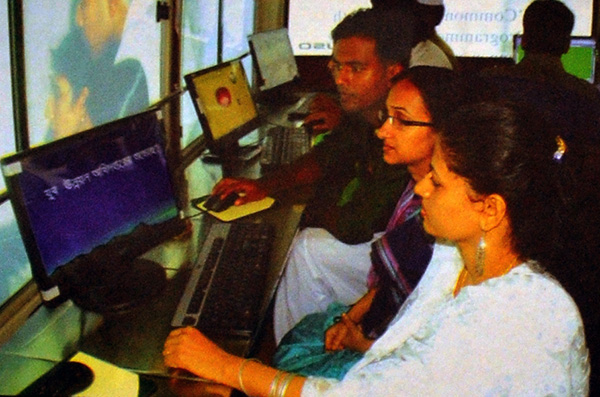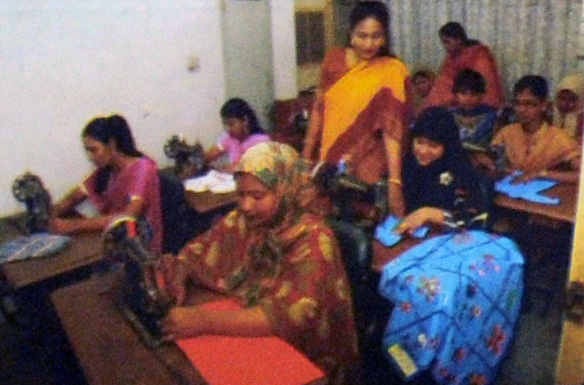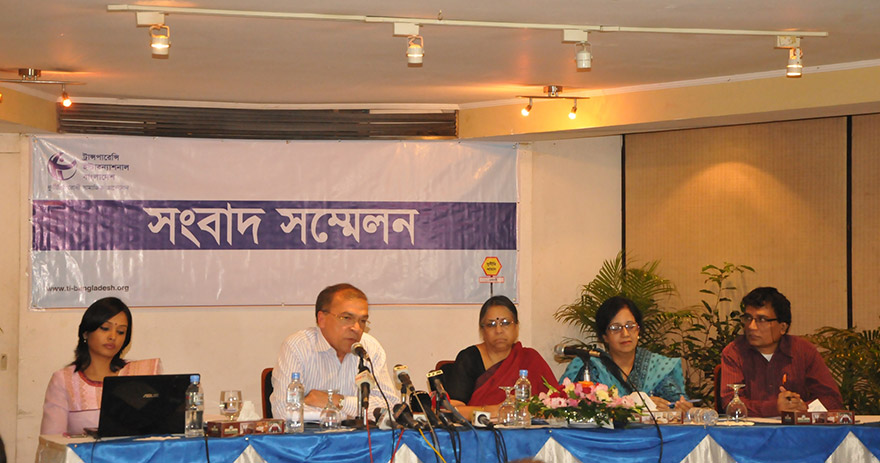Published: 02 November 2013
Despite significant successes, National service Programme (NSP) targeted to create employment of the unemployed youth suffered a number of shortcomings including limitations in planning and implementation, political influence and incidences of corruption. TIB identified these shortcomings and recommended a number of policy measures to overcome these at the release of a study titled “National Service Programme: Governance Problems and the Way Forward” on 2nd November 2013 at the BRAC Centre Inn Auditorium. Ms Neena Shamsun Nahar, Deputy Programme Manager, Research and Policy (R&P), Transparency International Bangladesh (TIB) presented the findings of the study that analysed the NSP implemented in 11 sub-districts. Advocate Sultana Kamal, Chairperson, Board of trustees; Dr Iftekharuzzaman, Executive Director; Dr Sumaiya Khair, Deputy Executive Director; Mr Rafiqul Hassan, Director of R&P, TIB were also present during the release.
 According to the study NSP marked remarkable successes and contributed in increasing social, economic and familial awareness among beneficiaries; encouraging women to move out from their homes and engage themselves in income generating activities; improving financial condition and bringing positive changes in the lifestyle of beneficiaries and increasing their savings; increasing financial transaction and capital flow in the project area; encouraging beneficiaries to invest their savings through cooperatives and thus create self employment; creating scope in getting training from expert government officials.
According to the study NSP marked remarkable successes and contributed in increasing social, economic and familial awareness among beneficiaries; encouraging women to move out from their homes and engage themselves in income generating activities; improving financial condition and bringing positive changes in the lifestyle of beneficiaries and increasing their savings; increasing financial transaction and capital flow in the project area; encouraging beneficiaries to invest their savings through cooperatives and thus create self employment; creating scope in getting training from expert government officials.
 Despite these successes, the programme witnessed a number of limitations and irregularities in programme planning and implementation, selection of beneficiaries and training programme. In addition to these, illegal transactions also took place. Major irregularities are employment of all applicants including the students higher against planned number; faulty selection survey; employment of more than one member from a single family and members of economically solvent families; employment without being unemployed; employment in two jobs and do business and server under NSP at a time; forgery in application by producing fake academics cretificates; illegal transaction in selection; advance payment ranging from BDT 10,000.00 – 20,000.00 to secure a job in NSP etc.
Despite these successes, the programme witnessed a number of limitations and irregularities in programme planning and implementation, selection of beneficiaries and training programme. In addition to these, illegal transactions also took place. Major irregularities are employment of all applicants including the students higher against planned number; faulty selection survey; employment of more than one member from a single family and members of economically solvent families; employment without being unemployed; employment in two jobs and do business and server under NSP at a time; forgery in application by producing fake academics cretificates; illegal transaction in selection; advance payment ranging from BDT 10,000.00 – 20,000.00 to secure a job in NSP etc.








